Politics
The Opioid Crisis: How big Pharma wins and American Families lose— A whistleblower’s story, a mother’s perspective
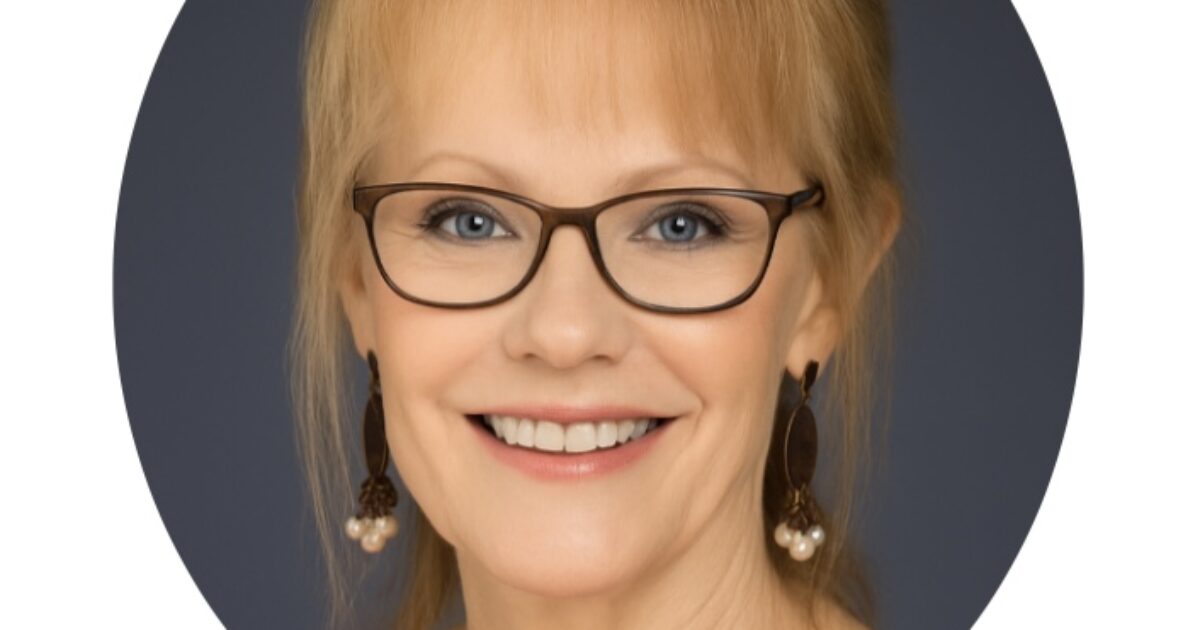

By Whistleblower ~ Noelle Webb
For more than a decade, I’ve fought the opioid epidemic from both sides: as a whistleblower exposing pharmaceutical fraud—and as a mother fighting to save my child from addiction. I’ve seen the crisis from the inside and the outside, and I’ve paid a steep price for speaking out. But through these battles, I’ve learned the true meaning of courage, resilience, and what it takes to survive—and heal.
A Legacy of Courage
Courage has always been a quality I admired in others—most notably my father, a Korean War veteran who endured psychological trauma after being tortured by North Korean captors. My father-in-law, too, exemplified bravery, having served aboard the USS Manila Bay during the Battle of Leyte Gulf in World War II. Despite unimaginable hardship, both men built meaningful lives as fathers, husbands, and providers. Their strength, dignity, and resilience served as a blueprint for living with purpose after tragedy.
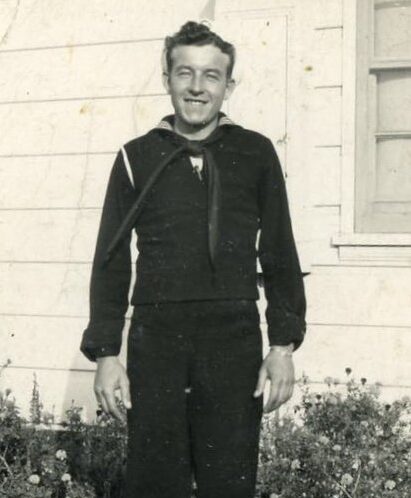 Father-in-law, Elvis W. Webb, in the navy 1943-1945, during WWII. (Photo courtesy of N. Webb}
Father-in-law, Elvis W. Webb, in the navy 1943-1945, during WWII. (Photo courtesy of N. Webb}
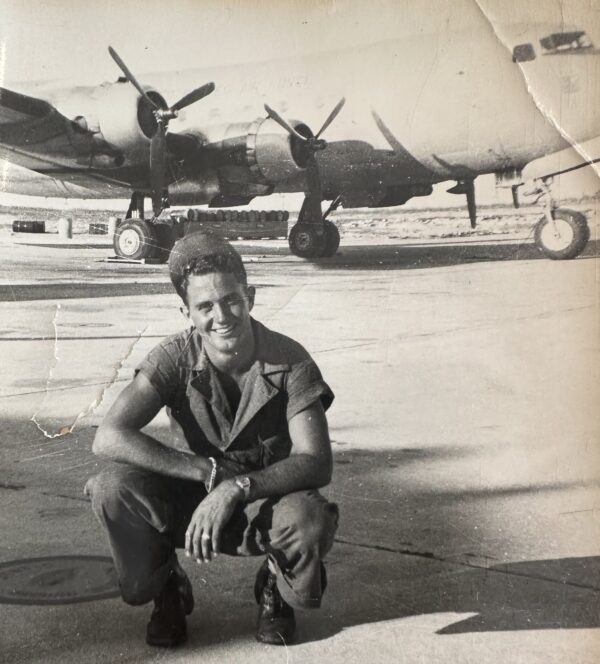 Father, Edward B. Burns, Sr., in the Air Force 1950-1953, The Korean War. (Photo courtesy of N. Webb}
Father, Edward B. Burns, Sr., in the Air Force 1950-1953, The Korean War. (Photo courtesy of N. Webb}
I carried their example with me as I built my career. After 25 years as an award-winning medical representative for pharmaceutical companies—both large and small—I had a front-row seat to the industry’s shift. What began as a mission to deliver life-saving medications devolved into a money-driven machine. I once believed I was part of the solution. But as I witnessed deceptive and often illegal marketing practices become standard, I feared that I could become part of the problem unless I took decisive action.
The Whistleblower’s Choice
I was at a crossroads: remain silent and protect my career—or speak up and risk everything. In 2014, I summoned all of my moral courage and spoke out. I became a whistleblower, reporting fraudulent marketing and kickback schemes targeting Medicare and Tricare. My decision triggered immediate retaliation from my employer. I lost my job, my healthcare, and eventually my career. I entered a legal battle that would last more than a decade. As the company continued to prioritize profits over public safety, I exposed how its sales practices directly contributed to the opioid epidemic. Their reckless marketing poured gasoline on an already raging fire.
A Parallel Crisis at Home
At the same time, the crisis struck my family. I discovered that my child was struggling with opioid addiction. The guilt and anguish I felt as a mother were soul-crushing. My initial reaction was anger—toward my child, myself, and the pharmaceutical companies that flooded the market with addictive medications.
That anger became fuel. I immersed myself in learning about addiction. I met with professionals, attended support groups, and fought hard to understand the science behind the disease. Gradually, my anger gave way to grief, then to compassion, and finally to resolve. Addiction is a disease. My child’s best advocate had to be me. Recovery is never linear and there were setbacks, heartbreaks, and moments of doubt. But as my child slowly, mercifully, began to heal, my resolve to hold the industry accountable only deepened.
Justice Delayed
Despite clear evidence and federal violations, my initial whistleblower lawsuit was dismissed. No action was taken and the company faced no accountability. Meanwhile, their illegal marketing continued—unchecked and unpunished—while their profits grew.
We filed multiple additional lawsuits, both federal and state. I was summoned to confidential relator meetings and grilled by officials from the FBI, DOJ, FDA, HHS-OIG, and attorneys general from across the country. These were high-pressure, high-security and high-anxiety encounters. But I stood firm, armed with evidence, facts, and a fierce determination.
In 2018, a co-relator joined our case, providing additional damning evidence. Still, years passed with little movement. Blacklisted from the industry, I lost years of income. My family lived without healthcare. Whistleblowing had become a full-time job—and a financial and emotional crucible.
Grip of Grief
Several years into my arduous whistleblowing journey—and in the midst of my child’s fragile recovery—grief and despair consumed me. The loss of both of my beloved companion dogs, just months apart, sent me further into a spiral of anguish. And then, tragedy hit once more with its ferocious, unrelenting grip of pain—our adult son suddenly passed away following an unknown illness. The ultimate gut-wrenching grief settled into my bones. Sadness, remorse, and an overwhelming sense of failure became constant companions. I felt isolated, trapped by legal constraints and financial hardship. At my lowest point, insidious thoughts of suicide quietly crept in.
I knew I had to shift my focus beyond my own suffering to counter the all-consuming anguish. In an act of instinctual self-preservation, I found a glimmer of hope in service to others. I began volunteering at an organization training service dogs for veterans with PTSD and other combat-related challenges. There, I witnessed the profound healing effects of dogs.
Light in the Tunnel
The combination of dogs, veterans, and service awakened something in me. As I witnessed the deep therapeutic bond between the warriors and their dogs, my spirit began to mend. Inspired, I pursued a Master’s degree focused on the science behind the human-canine connection. To bolster my knowledge with practical experience, I became a certified professional service dog trainer, dedicating myself to helping people with disabilities regain independence through canine assistance.
On my 59th birthday, I received an extraordinary gift—a Golden Retriever I would train as my own service dog. Her presence became a lifeline. Our bond gave me a renewed sense of purpose, the courage to face what lay ahead, and the strength to continue fighting for justice. She faithfully walked beside me and helped lead me out of the darkness.
The Settlement
The case languished in the judicial system for another five years. Finally, in July 2024, the U.S. government intervened. By then, nearly a decade had passed since the original filing. The pharmaceutical company had rebranded, relocated, and reshuffled its product lines—effectively burying its past. Yet it was still legally accountable for the damage it caused.
In May 2025, the Department of Justice reached a settlement: $3.6 million. A paltry sum, given the scale of the fraud and the lives ruined. Years of mismanagement left the company on the verge of bankruptcy. While my co-relator and I received a fraction of the settlement, our retaliation claims—worth millions—were denied. The statute of limitations had run out. [SEE U.S. ATTORNEY’S OFFICE PRESS RELEASE HERE]
The government’s closing words were expected but agonizing to see in print: “The settlement resolves the claims, but no formal determination of liability has been made.”
The Cost of Truth
The cost of whistleblowing? Twelve years of lost wages. A decade without healthcare. Constant threats to my safety. And yet, I consider myself one of the lucky ones. My child is healthy and thriving. My legal case—though deeply disappointing—was technically a win.
But the emotional fallout remains. Like my father and father-in-law before me, I will draw on strength, dignity and resilience to rebuild a meaningful life. The healing power of the human-canine bond has been my leash of courage. The fight is not over.
The Battle Continues
This is how Big Pharma wins: with profit-at-any-cost marketing schemes, corporate rebranding, and government inaction. And this is how American families lose—paying the human toll while justice is delayed and denied and trauma is compounded.
We need accountability in corporate America for their role in fueling the opioid crisis.
We need meaningful reform in the justice system so that whistleblowers are not left exposed and stranded for years following their brave revelations.
We need to destigmatize and support those crushed by the opioid epidemic with alternative options for recovery and healing. The opioid epidemic isn’t only a national tragedy. For many of us, it’s personal. And the time to act is now.

Noelle Webb, M.S, B.A., CPDT-KA is a former award-winning pharmaceutical executive who blew the whistle on fraudulent opioid marketing. She holds a Master’s degree in Human-Canine Interaction, is a faculty member at Bergin College of Canine Studies, and a certified professional service dog trainer. Noelle advocates for whistleblower resources and alternative models of trauma-informed healing. She is the founder of Leash of Courage (LeashofCourage.com) and is passionate about helping others rebuild resilience through the magnificent power and neuroscience of the human-canine bond.
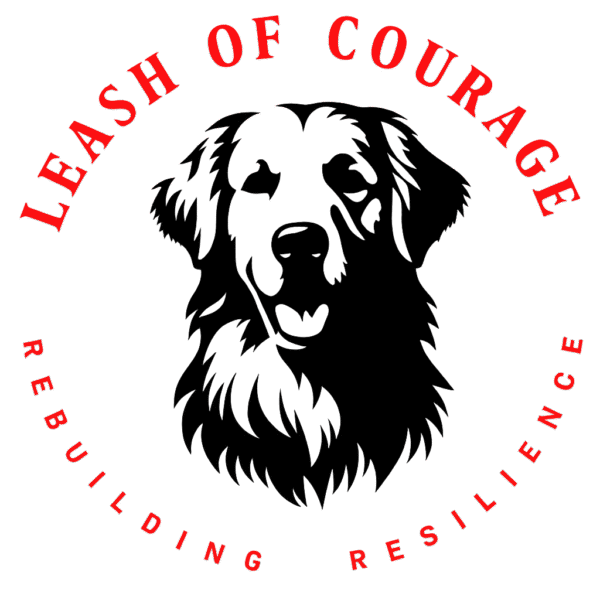
The post The Opioid Crisis: How big Pharma wins and American Families lose— A whistleblower’s story, a mother’s perspective appeared first on The Gateway Pundit.
Politics
President Trump Taps Dr. Ben Carson for New Role — A HUGE Win for America First Agenda
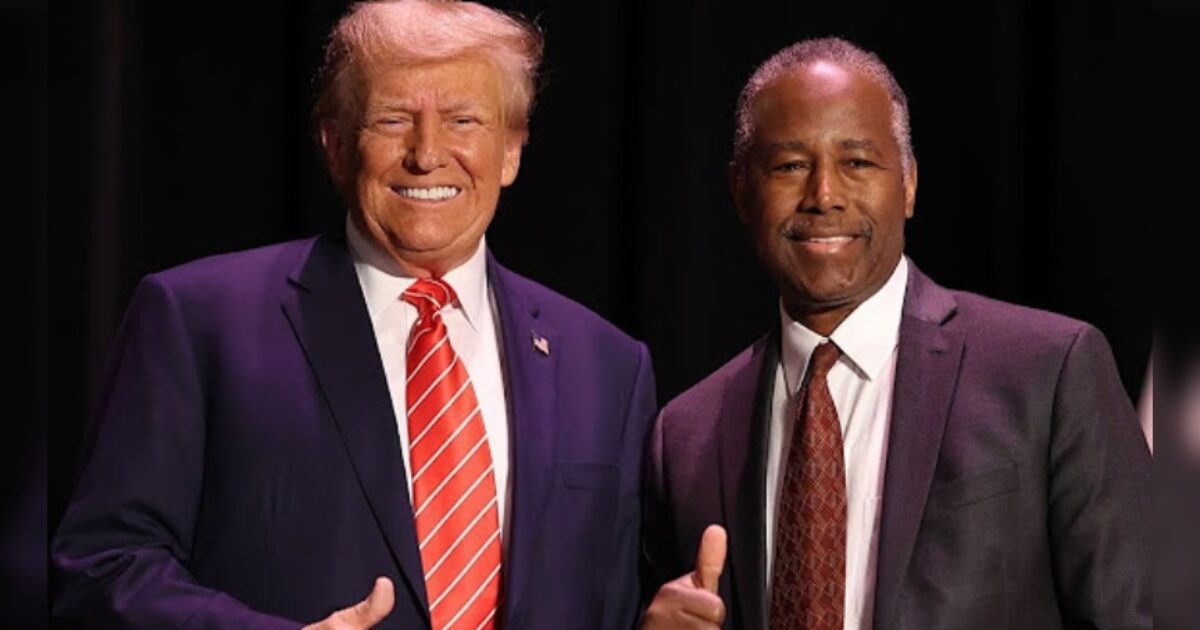
Dr. Ben Carson is the newest member of the Trump administration.
On Wednesday, former Secretary of the Department of Housing and Urban Development, Ben Carson, was sworn in as the national adviser for nutrition, health, and housing at the U.S. Department of Agriculture.
Agriculture Secretary Brooke Rollins shared that Carson’s role will be to oversee Trump’s new Big Beautiful Bill law, which aims to ensure Americans’ quality of life, from nutrition to stable housing.
After being sworn in, Carson shared, “Today, too many Americans are suffering from the effects of poor nutrition. Through common-sense policymaking, we have an opportunity to give our most vulnerable families the tools they need to flourish.”
WATCH:
BREAKING Dr. Ben Carson has been sworn in as the National Nutrition Advisor to Make America Healthy Again
THIS IS A HUGE WIN pic.twitter.com/Dr5AsSDkRM
— MAGA Voice (@MAGAVoice) September 24, 2025
Per USDA:
Today, U.S. Secretary of Agriculture Brooke L. Rollins announced that Dr. Benjamin S. Carson, Sr., M.D., was sworn in as the National Advisor for Nutrition, Health, and Housing at the U.S. Department of Agriculture (USDA).
“There is no one more qualified than Dr. Carson to advise on policies that improve Americans’ everyday quality of life, from nutrition to healthcare quality to ensuring families have access to safe and stable housing,” said Secretary Rollins.
“With six in ten Americans living with at least one chronic disease, and rural communities facing unique challenges with respect to adequate housing, Dr. Carson’s insight and experience is critical. Dr. Carson will be crucial to implementing the rural health investment provisions of the One Big Beautiful Bill and advise on America First polices related to nutrition, health, and housing.
“As the U.S. Secretary of Housing and Urban Development in the first Trump Administration, Dr. Carson worked to expand opportunity and strengthen communities, and we are honored to welcome him to the second Trump Administration to help lead our efforts here at USDA to Make America Healthy Again and ensure rural America continues to prosper.”
“Today, too many Americans are suffering from the effects of poor nutrition. Through common-sense policymaking, we have an opportunity to give our most vulnerable families the tools they need to flourish,” said Dr. Ben Carson. “I am honored to work with Secretary Rollins on these important initiatives to help fulfill President Trump’s vision for a healthier, stronger America.”
On Sunday, Dr. Carson was one of the many speakers at the memorial service of the late TPUSA founder Charlie Kirk.
During the memorial service, Carson highlighted that Kirk was shot at 12:24 p.m. and then continued to share the Bible verse John 12:24, which reads, “Verily, verily, I say unto you, Except a corn of wheat fall into the ground and die, it abideth alone: but if it die, it bringeth forth much fruit.”
WATCH:
Ben Carson reads John 12:24 at the Charlie Kirk’s funeral. Charlie was shot at 12:24.
It reads: “Very truly I tell you, unless a kernel of wheat falls to the ground and dies, it remains only a single seed. But if it dies, it produces many seeds”
God is moving and speaking. pic.twitter.com/0ZbVTAwwYl
— Danny Botta (@danny_botta) September 21, 2025
The post President Trump Taps Dr. Ben Carson for New Role — A HUGE Win for America First Agenda appeared first on The Gateway Pundit.
Politics
LEAKED MEMO: Deep State Prosecutors in the Eastern District of Virginia Claim There Isn’t Enough Evidence to Convict Comey Amid Reports of Imminent Indictment
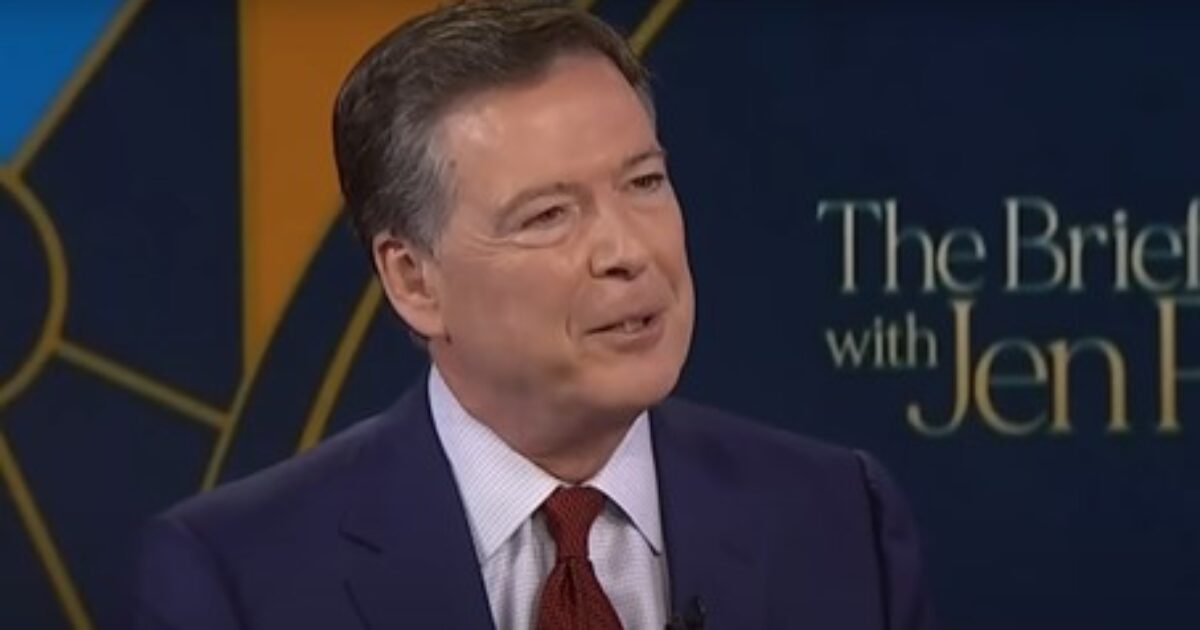

On Wednesday evening, disgruntled officials in the Eastern District of Virginia leaked contents of a memo explaining why charges should not be brought against James Comey.
As reported earlier, former FBI Director James Comey is expected to be indicted in the Eastern District of Virginia in the next few days.
Comey will reportedly be charged for lying to Congress in a 2020 testimony about whether he authorized leaks to the media.
Officials in the Eastern District of Virginia are still fighting to stop Comey from being charged after Trump fired US Attorney Erik Siebert.
President Trump last week fired Erik Siebert as the US Attorney for the Eastern District of Virginia because he refused to bring charges against Letitia James, Comey, Schiff and others.
On Saturday evening, President Trump announced that he had appointed Lindsey Halligan – his personal attorney who defended him against the Mar-a-Lago raid – as US Attorney for the Eastern District of Virginia.
Now, with just days to go before the statute of limitations runs out to charge Comey for lying during a September 30, 2020 testimony, Lindsey Halligan is reportedly gearing up to indict Comey.
Prosecutors reportedly gave newly sworn-in Halligan a memo defending James Comey and explaining why charges should not brought against the fired FBI Director.
Per MSNBC’s Ken Dilanian:
Two sources familiar with the matter tell me prosecutors in the EDVA US attorney‘s office presented newly sworn US attorney Lindsey Halligan with a memo explaining why charges should not be brought against James Comey, because there isn’t enough evidence to establish probable cause a crime was committed, let alone enough to convince a jury to convict him.
Justice Department guidelines say a case should not be brought unless prosecutors believe it’s more likely than not that they can win a conviction beyond a reasonable doubt.
Two sources familiar with the matter tell me prosecutors in the EDVA US attorney‘s office presented newly sworn US attorney Lindsey Halligan with a memo explaining why charges should not be brought against James Comey, because there isn’t enough evidence to establish probable…
— Ken Dilanian (@DilanianMSNBC) September 24, 2025
The post LEAKED MEMO: Deep State Prosecutors in the Eastern District of Virginia Claim There Isn’t Enough Evidence to Convict Comey Amid Reports of Imminent Indictment appeared first on The Gateway Pundit.
Politics
Nearly 8 in 10 Voters Say the United States is in Political Crisis After the Assassination of Charlie Kirk
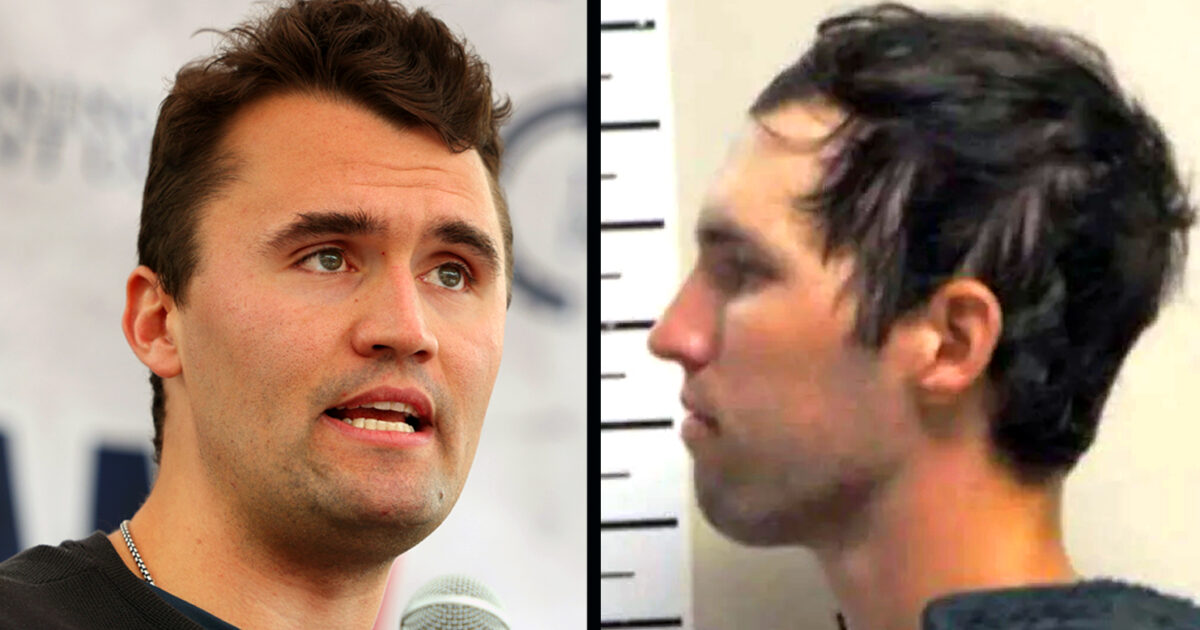
Nearly eight in ten voters believe that the United States is in a political crisis in the wake of the assassination of conservative icon Charlie Kirk.
According to a Quinnipiac University national poll of registered voters released on Wednesday, a massive 93 percent of Democrats, 84 percent of independents, and 60 percent of Republicans said the nation is in a political crisis.
“The Kirk assassination lays bare raw, bipartisan concerns about where the country is headed,” Quinnipiac University Polling Analyst Tim Malloy said of the poll results.
Quinnipiac reports:
Seventy-one percent of voters think politically motivated violence in the United States today is a very serious problem, 22 percent think it is a somewhat serious problem, 3 percent think it is a not so serious problem, and 1 percent think it is not a problem at all.
This is a jump from Quinnipiac University’s June 26 poll when 54 percent thought politically motivated violence in the United States today was a very serious problem, 37 percent thought it was a somewhat serious problem, 6 percent thought it was a not so serious problem, and 2 percent thought it was not a problem at all.
Nearly 6 in 10 voters (58 percent) think it will not be possible to lower the temperature on political rhetoric and speech in the United States, while 34 percent think it will be possible.
Over half, 54 percent, of voters believe the US will see increased political violence over the next few years. Another 27 percent said they think it will stay “about the same,” while just 14 percent believe it will ease.
A 53 percent majority also said they are “pessimistic about freedom of speech being protected in the United States.”
Surprisingly, a 53 percent majority also believes the current system of democracy is not working.
“From a perceived assault on freedom of speech to the fragility of the democracy, a shudder of concern and pessimism rattles a broad swath of the electorate. Nearly 80 percent of registered voters feel they are witnessing a political crisis, seven in ten say political violence is a very serious problem, and a majority say this discord won’t go away anytime soon,” Malloy added.
The vast majority, 82 percent, said the way that people discuss politics is contributing to the violence.
“When asked if political discourse is contributing to violence, a rare meeting of the minds…Republicans, Democrats, and independents in equal numbers say yes, it is,” Malloy said.
The survey was conducted from September 18 to 21 among 1,276 registered voters with a margin of error of +/- 3.3 percentage points.
The post Nearly 8 in 10 Voters Say the United States is in Political Crisis After the Assassination of Charlie Kirk appeared first on The Gateway Pundit.
-

 Entertainment6 months ago
Entertainment6 months agoNew Kid and Family Movies in 2025: Calendar of Release Dates (Updating)
-

 Entertainment3 months ago
Entertainment3 months agoBrooklyn Mirage Has Been Quietly Co-Managed by Hedge Fund Manager Axar Capital Amid Reopening Drama
-
Tech6 months ago
The best sexting apps in 2025
-

 Entertainment5 months ago
Entertainment5 months agoKid and Family TV Shows in 2025: New Series & Season Premiere Dates (Updating)
-

 Tech7 months ago
Tech7 months agoEvery potential TikTok buyer we know about
-
Tech7 months ago
iOS 18.4 developer beta released — heres what you can expect
-

 Tech7 months ago
Tech7 months agoAre You an RSSMasher?
-

 Politics7 months ago
Politics7 months agoDOGE-ing toward the best Department of Defense ever





